Corner
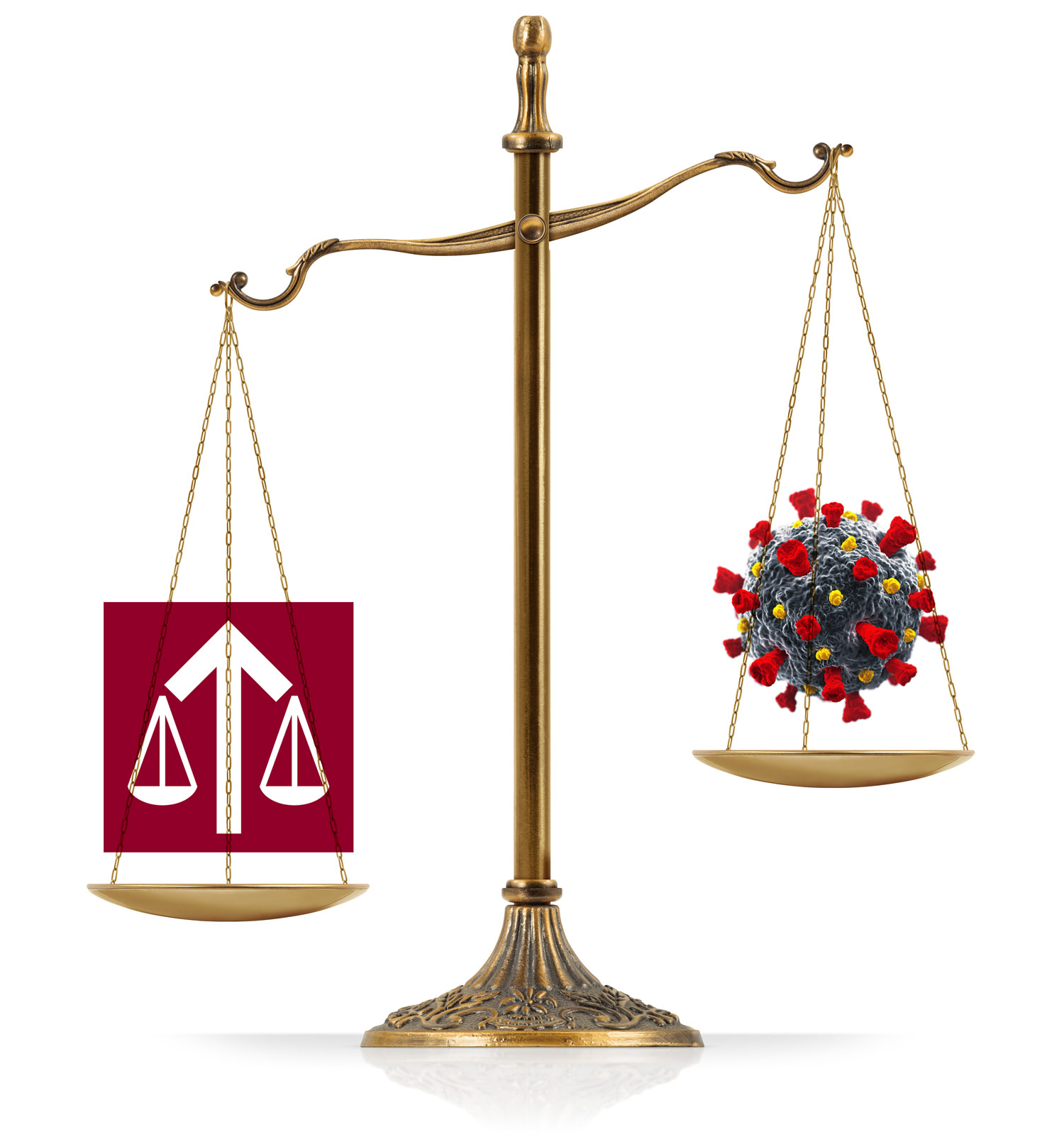
—Dean Matthew Diller
awyers aren’t first responders. Yet, as COVID-19 buffeted New York last spring, Fordham Law faculty, staff, and students immediately mobilized to help and protect the most vulnerable members of our community.
They fought for the rights of men and women in overcrowded prisons and detention centers, which were swiftly becoming infection hot spots. They came to the aid of start-ups and small businesses struggling to stay afloat as the economy came careening to a halt. They spoke out against injustices and organized statewide efforts to bring legal services to low-income communities.
Perhaps even more impressive is that they did all this under lockdown—at a time when courts were closing, communications in jails and prisons had all but completely shut down, and the Law School itself was dispersing and adapting to distance learning.
Indeed, students and staff did almost all this pro bono legal legwork virtually, via Skype, Zoom, and cell phone, and, more often than not, from their kitchen tables.
Fortunately, the results they got—whether it was winning early release for at-risk incarcerated people or helping the legions of newly jobless get access to unemployment—were as real as they get.
“At first it started as this kind of wild shot, but we have to try,” says Sophia Porotsky ’21, who participated in the Federal Litigation Clinic last spring. “Every step of the process, there was a new hoop that we had to jump through or a new problem to solve, and every time we hit a wall we found a way around it, or the U.S. Attorney’s office responded in a way that we didn’t expect.”
Their perseverance and agility paid off. Under the supervision of Professor Michael W. Martin, associate dean for experiential learning, Professor Ian Weinstein, former associate dean of clinical and experiential programs, and alum Jennifer Louis-Jeune ’08, Federal Litigation Clinic students secured the release of a client convicted of financial fraud whose sentencing date had been delayed due to the pandemic-related slowdown in court proceedings. The students argued that waiting for his sentencing in a federal detention center not only put their client at risk of contracting COVID-19, but would result in more jail time than the judge was likely to sentence him. An added wrinkle in the case was that the man is not a U.S. citizen, had few ties in this country, and had no place to live in the interim. To solve this logistical roadblock, the students got creative: They found a compatriot who generously offered to take their client in, even though he had not known him before.
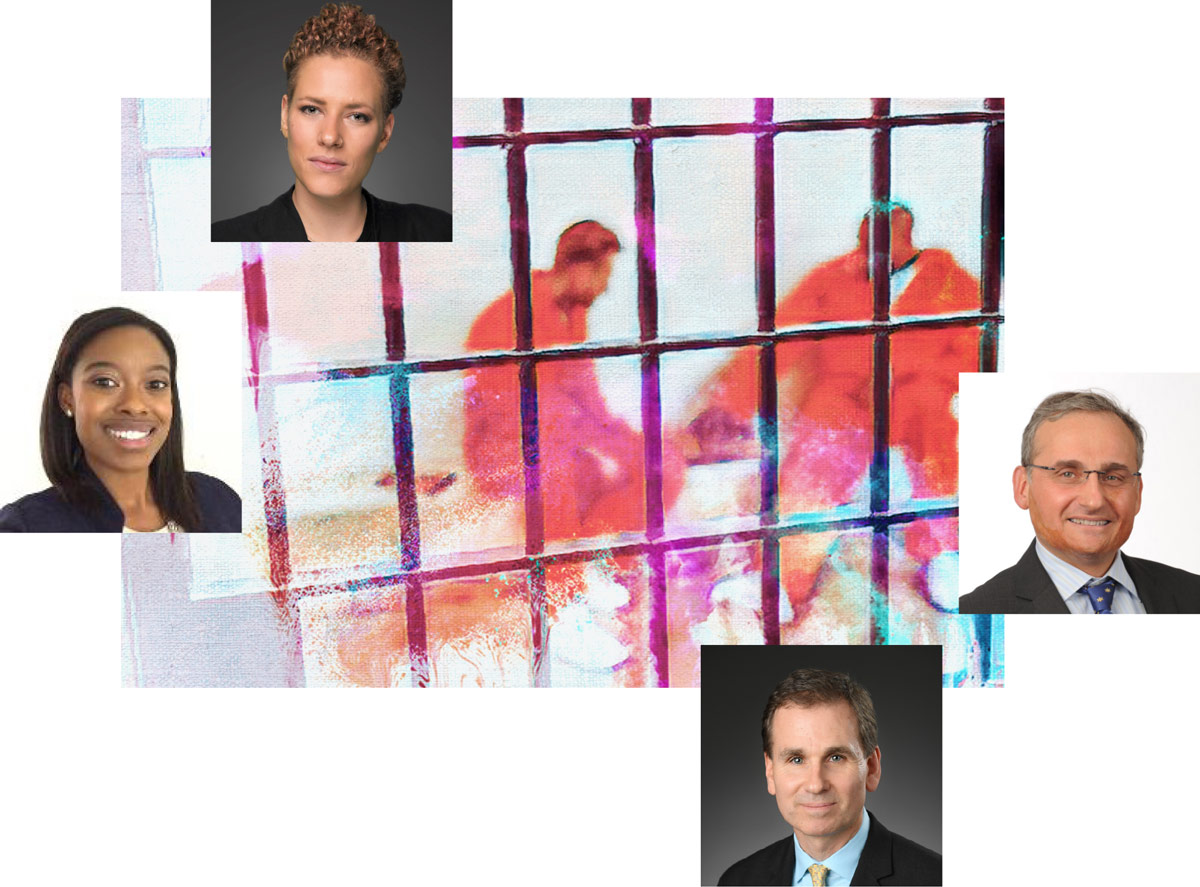
Advocating for a vulnerable client in state prison, the Criminal Defense Clinic, which is co-directed by Martha Rayner and Cheryl Bader, associate clinical professors of law, met with more resistance. Fortunately, the students refused to take a series of “no’s” for an answer.
“We had to fight until the very end, which shows the level of resistance there is in the government, the department of corrections, and the parole board in responding to this crisis,” says Rayner, who voiced her frustration about the state’s response to the health and safety of prison inmates during the pandemic in an op-ed published in May in the New York Law Journal.
For their incarcerated clients who didn’t meet any criteria for early release, Criminal Defense Clinic students did what they could to at least ease their clients’ anxiety about the coronavirus. Because accurate, comprehensive information is hard to come by in prison (and rumors abound), the students produced a weekly e-newsletter for their clients that contained up-to-date information on the pandemic, as well as how they could best protect themselves. “They were extremely appreciative,” says Bader.
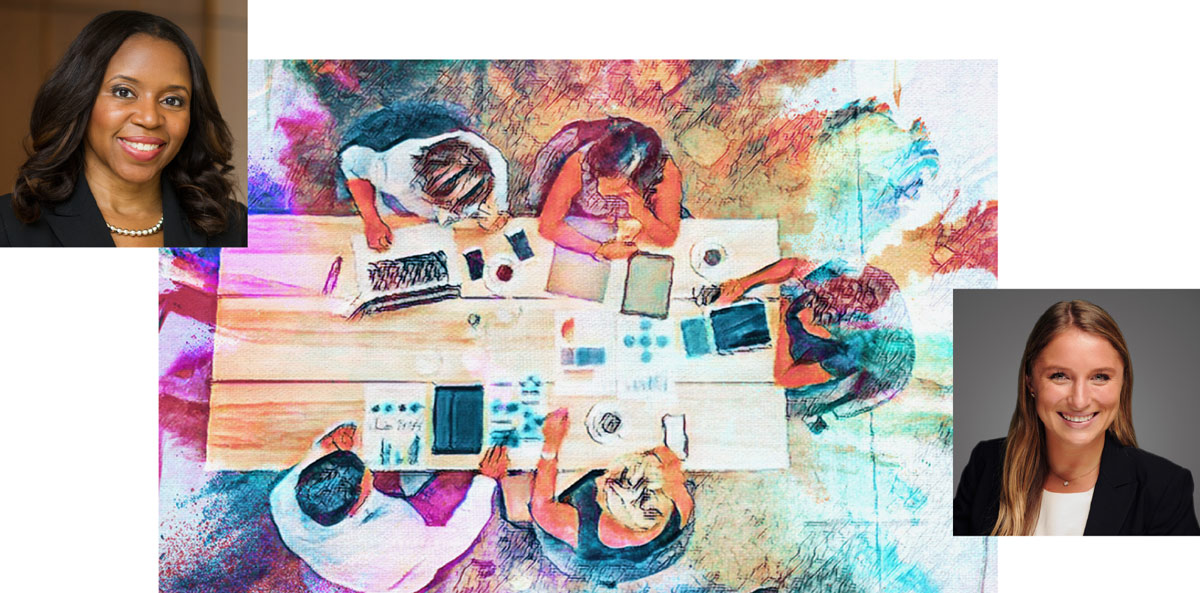
Enter Fordham Law’s Entrepreneurial Law Clinic. Working under the supervision of Bernice Grant, associate clinical professor of law and founding director of the clinic, students quickly stepped up to help their clients navigate a range of pandemic-related challenges. These included how to interpret force majeure clauses (which excuse contract obligations in the face of certain unforeseen events), how to comply with restrictions imposed by the government shutdown for nonessential businesses, and how to utilize a Paycheck Protection Program loan so it could be converted into a grant (and forgiven).
While some clients needed help pivoting or suspending their businesses during the lockdown, others, surprisingly enough, needed help ramping up. One client is a recent Fordham University graduate who created a digital platform aimed at helping college students who want to sublet their off-campus apartments during the months they’re away from school, yet still need to pay the rent. “With campuses shutting down throughout New York City and students needing to sublet their apartments, he was eager to get the business off the ground as quickly as possible,” explains Grant. The students energetically rose to the challenge, working diligently to finish all the deliverables on a stepped-up time table.
“We were dealing with so much change and uncertainty at the time—departing campus, moving to virtual classrooms—that it was nice to have something positive to focus on,” says Allison Shapiro ’20, who participated in the clinic last spring. “I was very motivated to help my client’s start-up excel during this unprecedented time, and I made sure we went over clauses that previously may not have been as relevant, such as force majeure clauses.”
Indeed, the pandemic pushed the students to wade into previously uncharted areas of entrepreneurial law. “The pandemic raises interesting questions for law students, and I think also novel questions because it is a novel virus,” notes Grant. “There are a lot of questions that people haven’t really thought about before in this context. In that sense, it’s been a good opportunity for students to learn and be creative.”
This fall, Grant and her clinic will extend their services to additional low-income small businesses. With a community partner, they plan to hold a virtual COVID-19 clinic. “This clinic will focus specifically on how to sort out legal issues relating to the pandemic, such as interpreting contracts, applying for government assistance, understanding what your liability is if an employee gets sick, and generally how to run a business during COVID-19.”
“Both the pandemic and the recession have created a huge amount of legal need. The group’s mandate is to examine all of those legal needs and devise strategies and ways in which the legal profession can help address them,” explains Dean Diller, who also serves on the New York State Permanent Commission on Access to Justice. “At times of crisis, the Bar has really pulled together to help. For example, in the wake of 9/11 the organized Bar really stepped up to give victims of 9/11 real assistance. So this program is in that spirit.”
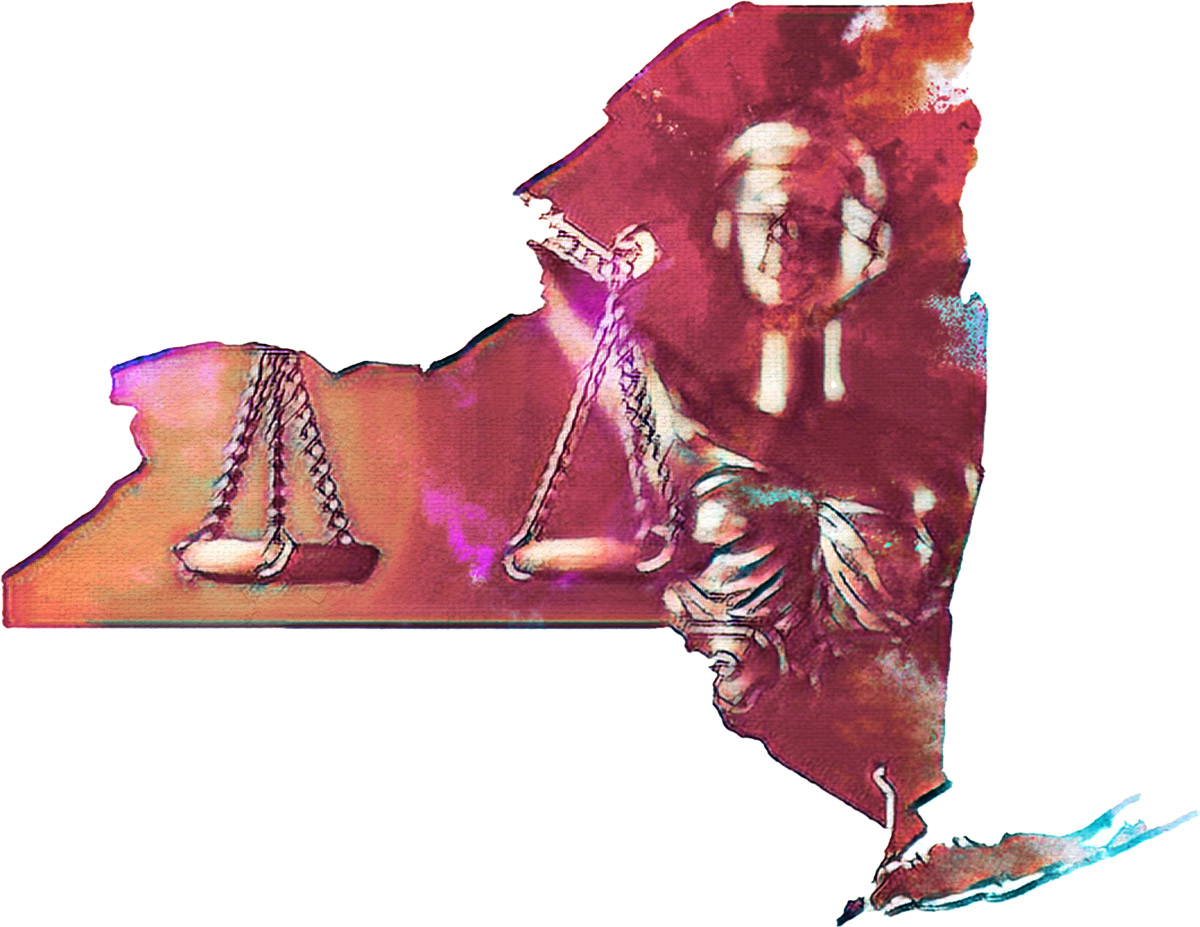
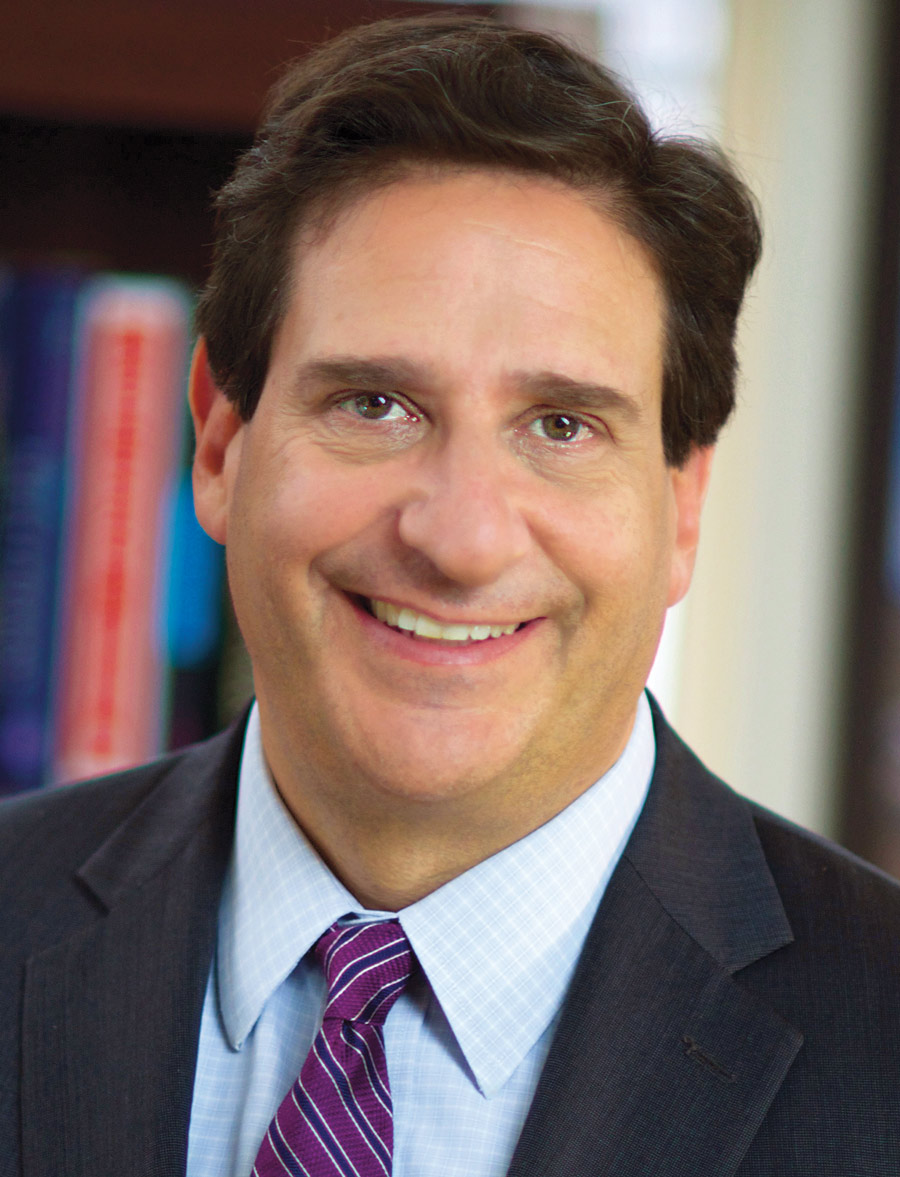
Among the initial projects Dean Diller got involved in was helping to assemble and dispatch a group of pro bono lawyers to help jobless workers—whose ranks burgeoned in the wake of the state’s economic slowdown—apply for unemployment benefits. Moving forward, he hopes to become engaged in a number of other pressing issues, including evictions, probate, and estate needs that have resulted from all the lives lost; workplace discrimination; and getting legal assistance to the large number of small businesses in the state that have been devastated by the crisis.
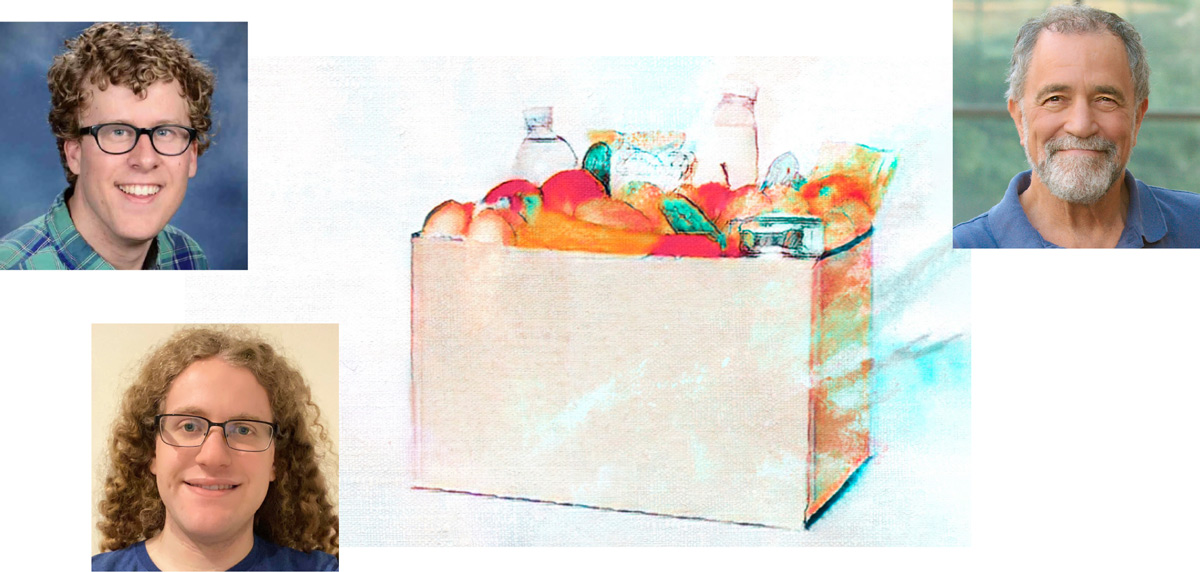
That’s when concerned citizens decided to take matters into their own hands: They formed ad hoc, “mutual aid groups” that connected neighbors who were in a position to help with neighbors who desperately needed it—everything from delivering groceries and medicines to providing masks and other PPE and offering emotional support.
It wasn’t long before these informal collectives—now handling large numbers of volunteers and monetary donations—realized they needed some help themselves. In mid-May, several reached out to Clinical Associate Professor of Law Brian Glick, who directs the Community Economic Development Clinic (CEDC), seeking advice on topics ranging from how to open a bank account to how to structure themselves as a nonprofit. Glick and his students in the CEDC (which offers free legal advice to start-up nonprofits) immediately agreed to help.
The clinic now works with eight mutual aid groups throughout the city. The help usually falls into one of three categories, notes clinic student Charlie Metzger ’21. “The first is, how do we help them structure themselves to use their resources effectively? The second is day-to-day operations. Most of the groups provide food each week, so where are they getting it and storing it? The third is legal maintenance advice, like setting up a bank account or signing a contract with a vendor,” he explains.
While their legal needs mirror those of the other nonprofit clients, these nascent organizations have a distinctly activist, anti-capitalist spirit. “It’s not just about helping a needy person get cooking. It’s about empowering people in communities that are being gentrified, under-serviced, and over-policed,” says CEDC student Aaron Gladstone ’21. “It’s about fighting back against the larger forces that have been exacerbated by COVID-19.”
While some of these fledgling organizations plan to function only as long as they are needed, others are looking to incorporate. Either way, these groups—along with the critical work of the CEDC students—have made a permanent mark on the communities where they formed and serve. “This is really an example, to us, of grassroots democracy, solidarity, and civil participation,” says Metzger. “Neighbors taking care of one another.”
Over the past several years, as part of Proyecto Dilley (formerly known as the Dilley Pro Bono Project), the Feerick Center has sent more than 100 legal volunteers (including many Fordham Law students, faculty, and alumni) to the Texas border to provide legal assistance to asylum-seeking women being detained with children at the South Texas Family Residential Center in Dilley. During the Obama administration and in the early years of the Trump administration, prior to drastic policy and practice changes to asylum adjudications, these service trips were highly effective, with nearly all Dilley project clients successfully emigrating to the U.S.
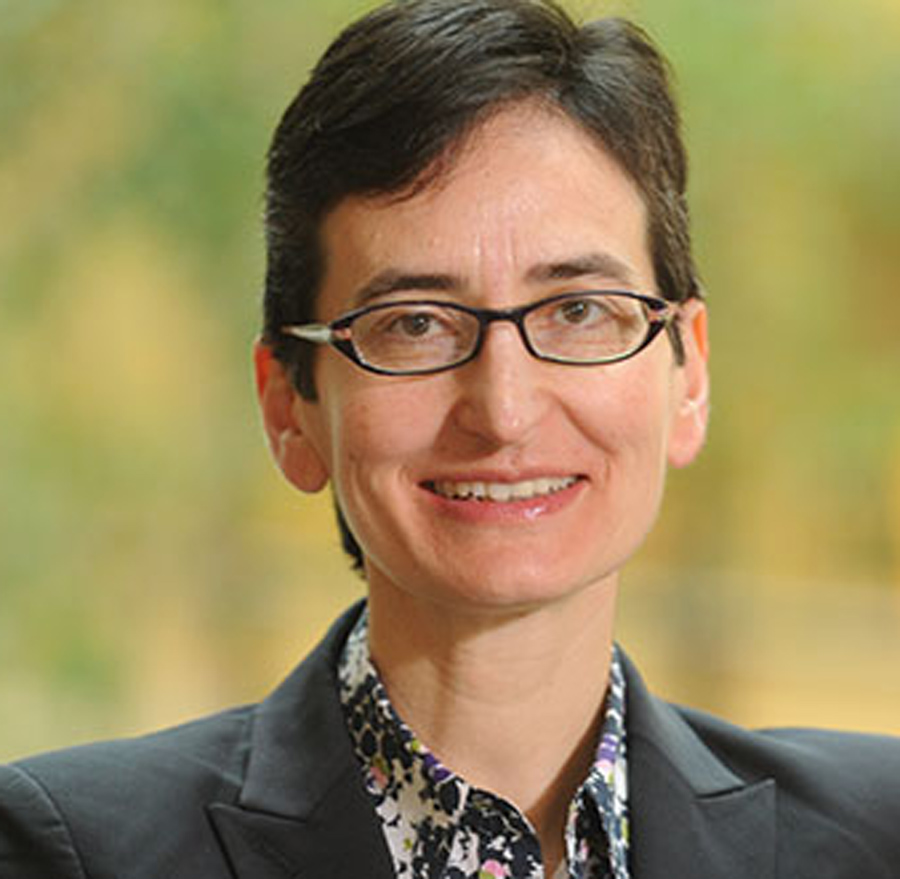
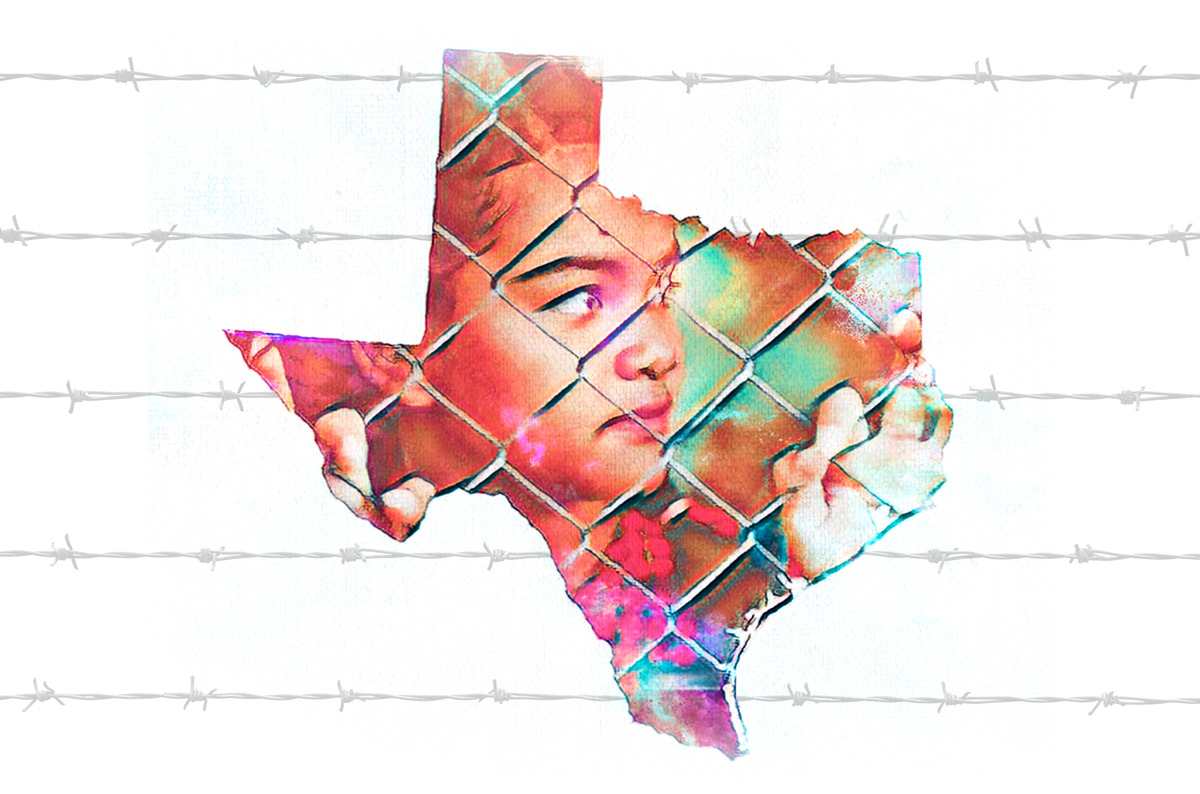
Because the Dilley detention center has strict security and does not allow video conferences, Galacatos and her team worked with the Proyecto Dilley to recruit experienced, Spanish-speaking lawyers and legal assistants across the country to interact with detained women via phone.
While the pilot project was originally conceived of as a way to deal with surges in detainees, as well as address the needs of rare-language speakers, it clearly has applications in the era of COVID-19. Now that the pandemic, combined with the Trump administration’s clamp-down on immigration, has put the Dilley program on pause, the Feerick Center has been assessing data on the pilot’s effectiveness and putting together a report, and is hoping to restart and expand remote services.
Additional reporting provided by Patrick Verel and Julia Brodsky.